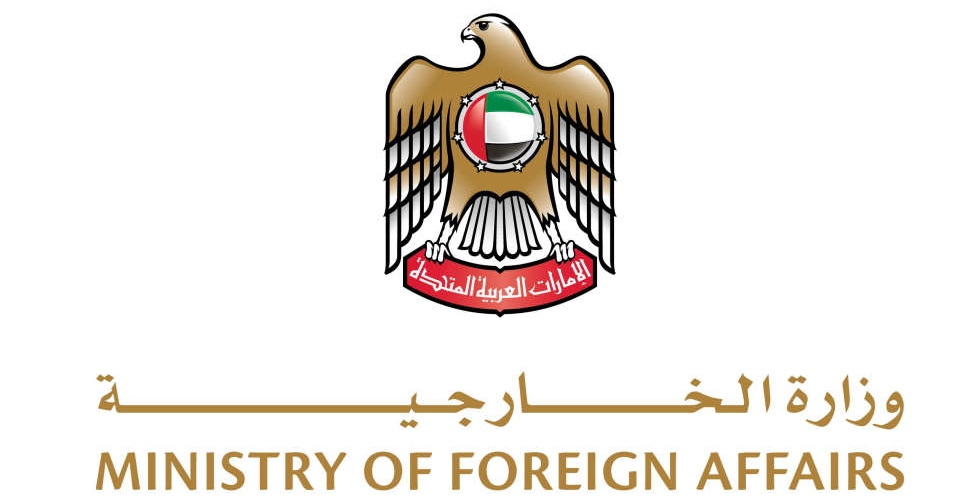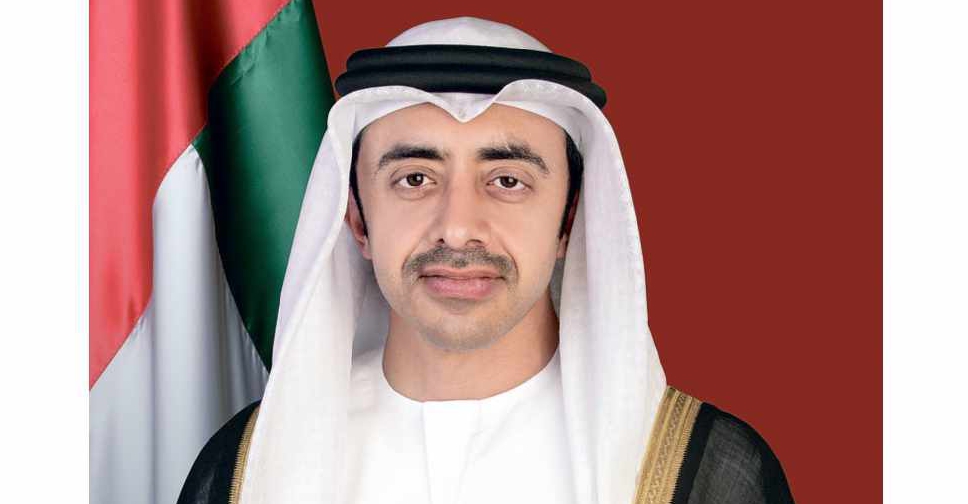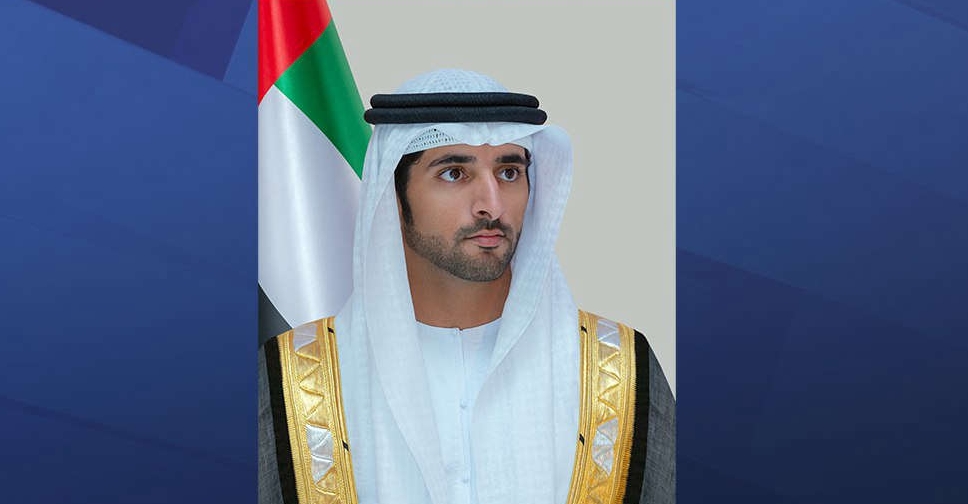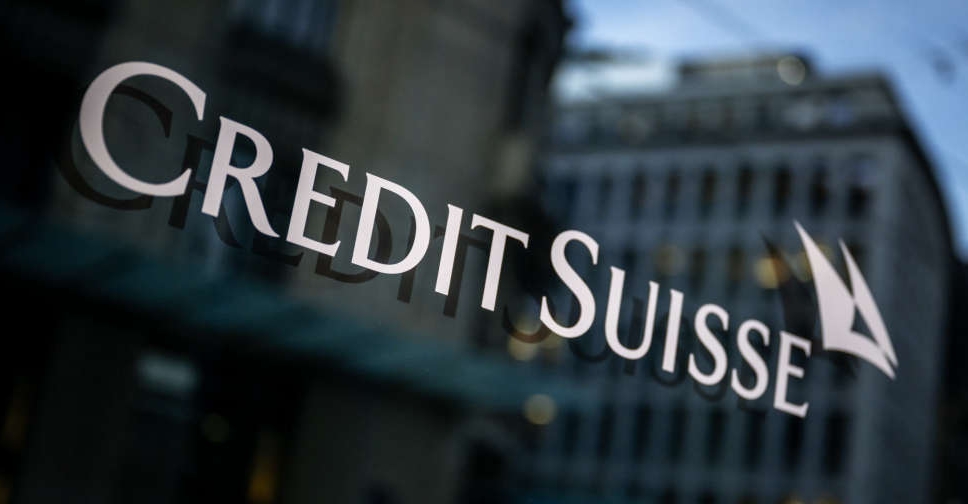
A bipartisan majority of Americans oppose US taxpayers footing the bill when bad management causes a bank to fail, though Republican opposition to bank bailouts has softened over the last decade, a Reuters/Ipsos poll completed on Wednesday found.
The poll's results point to a potential political problem for Democratic President Joe Biden's administration should the signs of shakiness in the US banking sector worsen and prompt more aggressive government action.
The two-day Reuters/Ipsos poll found 84 per cent of respondents - including strong majorities of Republicans and Democrats - think taxpayers should not have to pay to resolve problems caused by irresponsible bank management.
Stock markets have swooned around the world since Silicon Valley Bank collapsed on Friday as worried customers pulled their deposits. Two days later, New York's Signature Bank closed. On Wednesday, US stocks fell sharply as turbulence at Swiss banking giant Credit Suisse revived fears of a new banking crisis.
Banks have been stressed in recent months by rising interest rates, which reduce demand for borrowing money. In a series of moves telegraphed in advance to investors, the US Federal Reserve, America's central bank, has pushed interest rates higher over the last year in a bid to tame inflation.
Only 49 per cent of Americans - 40 per cent of Republicans and 55 per cent of Democrats - said they favoured government bailouts of financial institutions.
Still, support for bailouts was even more tepid a decade earlier, when the United States was emerging from a financial crisis which the government fought by spending hundreds of billions of dollars on bank bailouts. In a 2012 Reuters/Ipsos poll, only 20 per cent of Republicans and 53 per cent of Democrats said they supported bailouts.
About half of respondents to the Reuters/Ipsos poll said they had heard at least a fair amount about Silicon Valley Bank's implosion.
Sixty-eight percent said they had at least a fair amount of confidence in the stability of their own bank, and the same percentage had at least that level of confidence in banks more generally.
Some 77 per cent of respondents said that shareholders and executives who profited from a bank in the days before it failed should have to return those funds to depositors.
US regulators promised to make whole all depositors at Silicon Valley Bank and Signature Bank, even those with accounts above the Federal Deposit Insurance Corp's standard $250,000 limit, without taxpayers having to cover any costs. Businesses make up many of the bank clients whose money had not been previously guaranteed by the government.
The Reuters/Ipsos poll showed broad bipartisan support for Washington backing bank deposits. Seventy-eight per cent of respondents said the government should guarantee the deposits of individuals and 70 per cent said Washington should backstop company deposits.
But a strong bipartisan majority also said depositors in banks should understand the risk of using a bank to make deposits outside of FDIC limits.
Some experts say the more expansive deposit guarantees regulators are applying for the troubled banks already amount to a bailout because they remove people's incentive to guard against financial risk.
The Reuters/Ipsos poll, conducted online, surveyed 1,004 people nationwide and had a credibility interval of about 4 percentage points in either direction.

 UAE President endorses appointment of Board of Directors of XRG
UAE President endorses appointment of Board of Directors of XRG
 UAE hotels generate AED33.5 billion up to end of September
UAE hotels generate AED33.5 billion up to end of September
 ADNOC Distribution launches investor relations chatbot
ADNOC Distribution launches investor relations chatbot
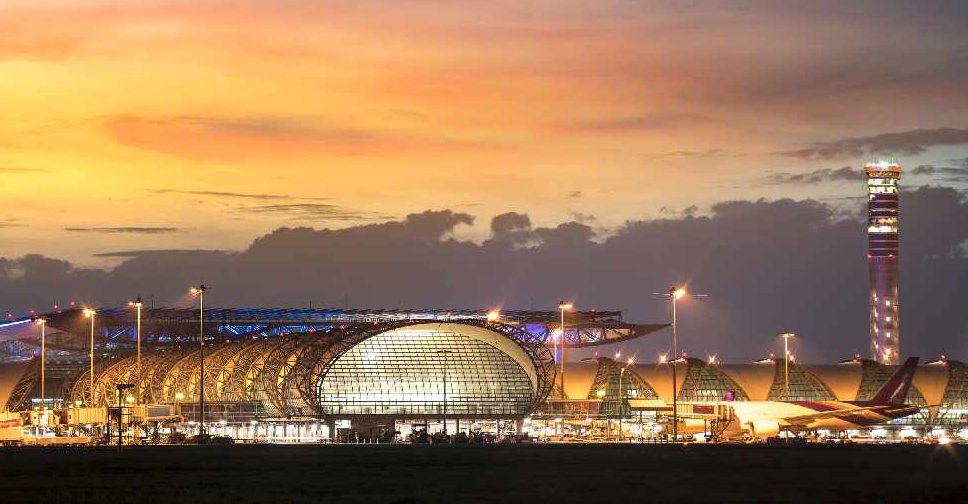 DXB expecting 5.2 million guests during winter holiday
DXB expecting 5.2 million guests during winter holiday
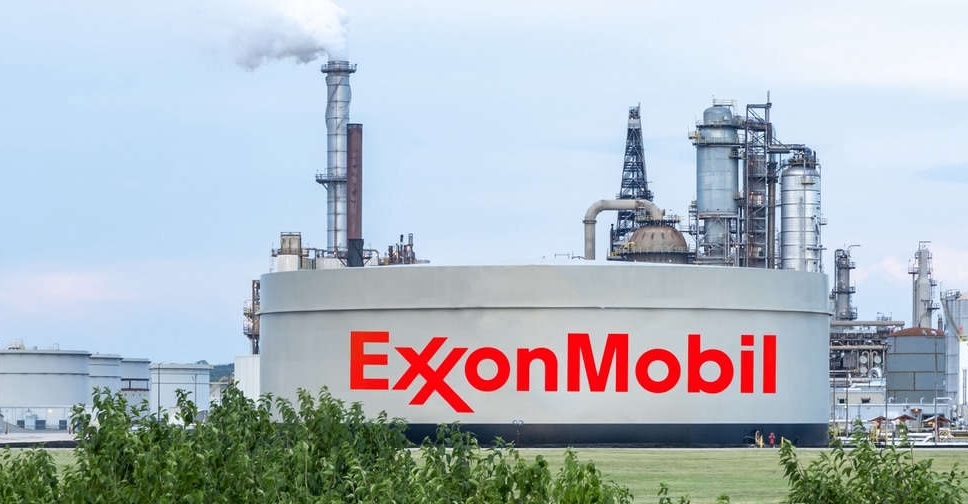 Exxon sets 5-year plan to boost oil and gas output by 18%
Exxon sets 5-year plan to boost oil and gas output by 18%
